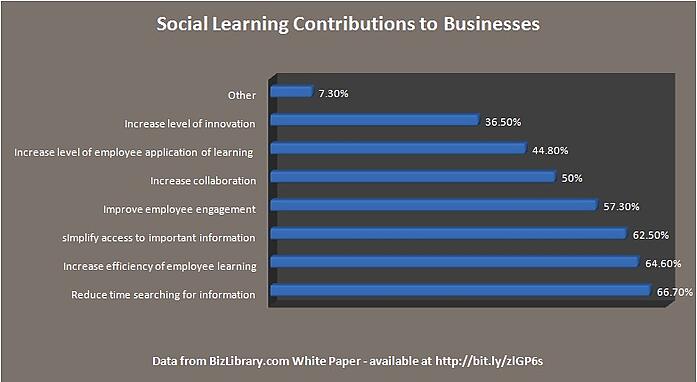SHERI WEAVER
Quality and Administrative Supervisor
There are a plethora of theories and opinions surrounding the topic of social media in the workplace. Maybe you are one of the business leaders that subscribe to this school of thought: “Social media hurts productivity in the workplace and only serves as a distraction."
In the style of the popular show Mythbusters on the Discovery Channel, I wanted to take a look at this point of view. The show works like this: using science and sometimes extreme experiments, the cast of Mythbusters set out on a mission to determine if popular (or even remote) myths can be confirmed. By the end of the show, the myth is either confirmed, deemed plausible or totally busted. So, how about it? Does this statement about social media in the workplace hold true in all circumstances? Or is this generalized school of thought subscribing to a myth?
The merit behind fear of social media hurting productivity
It can certainly be argued that there is a risk of certain employees being cast under the Facebook spell and lured away from their job duties for one quick look at that last video that “Bobby” just posted. (“What is that thing Bobby is balancing on his head, anyway?”)
Even so, the vast array of social tools available can offer opportunities to employers that outweigh these drawbacks. While we first think of "Facebook" when talking social media, it really means any way of communicating and sharing information interactively. There is a lot more to social media than the platforms that may first come to mind.
The role of social tools in employee development
The potential uses of social tools in the workplace are too vast to explore in this discussion, but we can focus our myth busting efforts on one of the most prevalent applications: employee development. Most traditional employee learning and development plans utilize various methods such as classroom and/or online studies as well as hands-on training.
What most training programs don't take into account is informal learning -- the kind that occurs in discussions over the water cooler (or usually wherever snacks are available) and when the new employees start asking questions. This kind of on-the-job discovery is one of the most important parts of onboarding new talent.
While informal learning has been occurring in every business in every industry, the valuable insights shared between employees are usually not captured anywhere or made available to others in an easily accessible format. Sharing of intellectual capital (some of the most valuable information in an organization) happens in one-off conversations that aren't recorded or retained.
Business oriented social media platforms make it so much easier to have access to the collective knowledge of others. By making information sharing public, others can see and learn from the questions of others and search archives of discussions for the answer they may be looking for. The wealth of information that once lived in someone's head can be at the fingertips of all employees.
There are a variety of web-based social tools that accomplish this mission very effectively:
· Yammer
· Chatter
· Open Atrium
· Internal wikis
· Internal blogs
A look at the numbers on social media in employee development
A recent study by BizLibrary explores the use of social tools in employee development for small (0-249 employees), medium (250-999 employees) and large employers (1,000+ employees). Participants in the survey were asked how they view social tools contributing to their organization’s success. Their responses are summarized in the graph below, but one number that stood out was that 66.7% of responders saw a reduction in the amount of wasted time employees were using to search for information.

So is this myth busted?
The use of social tools in the workplace is on the rise, and it looks as though it will only continue to increase in the future. In true Mythbusters fashion, the only way we can really determine whether the statement “Social media hurts productivity in the workplace and only serves as a distraction" is fact or myth is to begin experimenting!
Don’t leave me hanging. Share your thoughts, is this myth…. PLAUSIBLE, CONFIRMED or BUSTED??